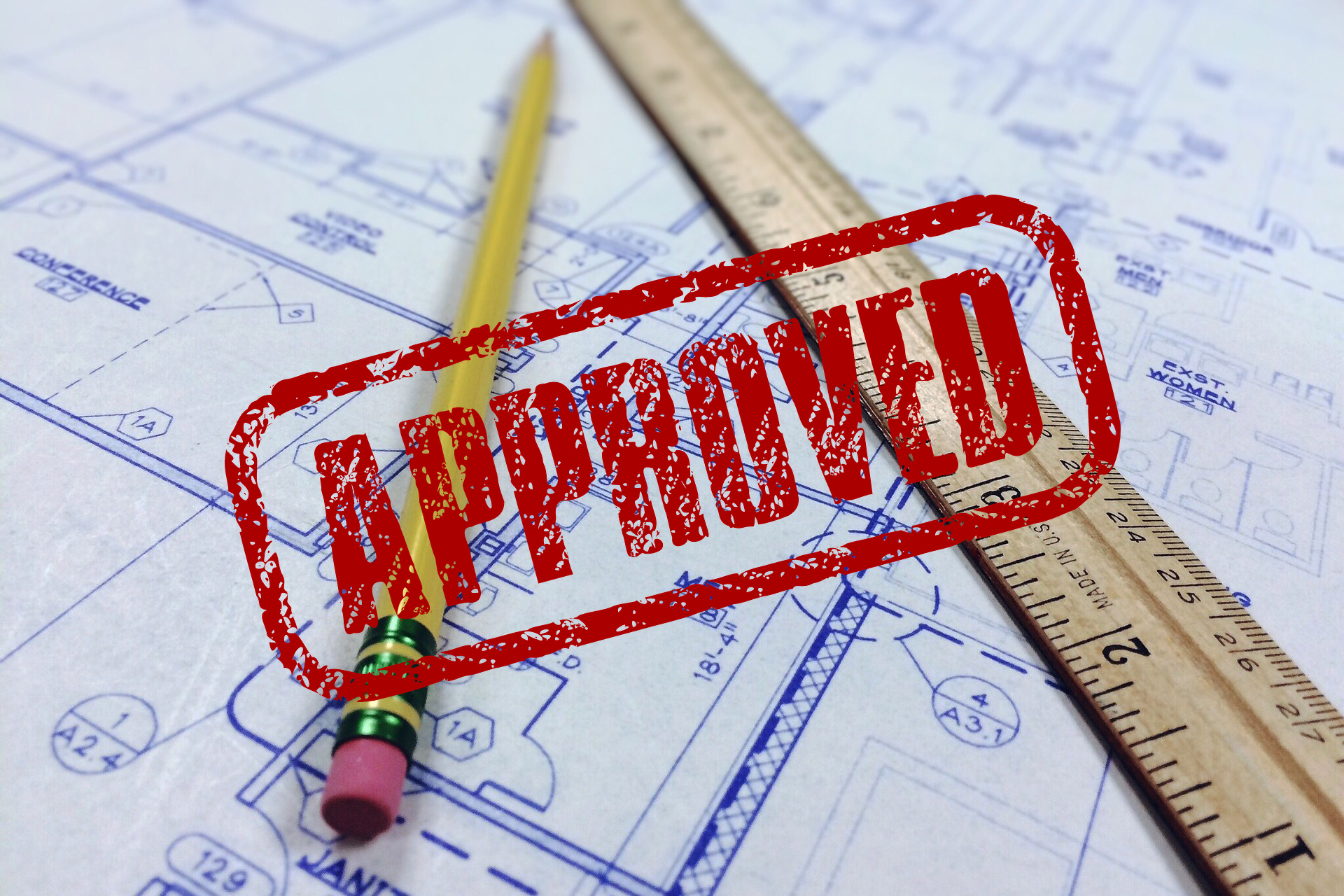Navigating the Urban Landscape: The Essentials of Town Planning Permits
In the ever-evolving tapestry of urban development, the process of securing a Town Planning Permit plays a pivotal role in shaping the landscapes we inhabit. As cities expand and communities grow, the need for thoughtful and regulated town planning becomes increasingly apparent. This article serves as a comprehensive guide, shedding light on the significance of town planning permits and the essential steps involved in obtaining them.
Understanding the Town Planning Permit
A Town Planning Permit, also known as a Development Permit or Planning Approval, is a crucial document issued by local authorities to regulate and oversee the development of land within a municipality. This permit is designed to ensure that proposed developments align with zoning regulations, building codes, and the broader vision for urban growth.
The Importance of Town Planning
Effective town planning is the backbone of sustainable and organized urban development. It involves a strategic approach to land use, infrastructure, and community needs. Town planning permits serve as a mechanism to strike a balance between growth and preservation, fostering environments that are not only aesthetically pleasing but also functional and harmonious.
Types of Development Requiring a Permit
Town planning permits are typically required for a variety of developments, ranging from residential and commercial constructions to infrastructure projects. Whether it's a new building, a renovation, or a change in land use, obtaining the appropriate permit is a critical step in the development process. The specific requirements may vary depending on the scale and nature of the project.
The Application Process
Securing a town planning permit involves a structured application process. This process typically includes the submission of detailed plans, environmental impact assessments, and other relevant documentation. Engaging with local planning authorities, architects, and urban designers can streamline this process, ensuring that the application meets all necessary criteria.
Zoning Regulations and Compliance
Zoning regulations form the basis for town planning permits, delineating how different areas within a municipality can be developed. Understanding these regulations is paramount to a successful permit application. Compliance with zoning guidelines ensures that proposed developments align with the designated purpose and character of the land, contributing to the overall coherence of the urban environment.
Community Consultation and Stakeholder Involvement
Many town planning permit processes involve community consultation to gather input from residents, businesses, and other stakeholders. This inclusive approach allows for a diversity of perspectives to be considered, promoting transparency and community engagement in the decision-making process. Local authorities often value the input of those who will be directly affected by the proposed developments.
Challenges and Considerations
While town planning permits are essential for responsible development, navigating the bureaucratic landscape can present challenges. Delays, revisions, and unforeseen obstacles are not uncommon. It's crucial for applicants to be aware of potential hurdles and to work collaboratively with planning authorities to address concerns and find viable solutions.
Click here for more information :-

Comments
Post a Comment